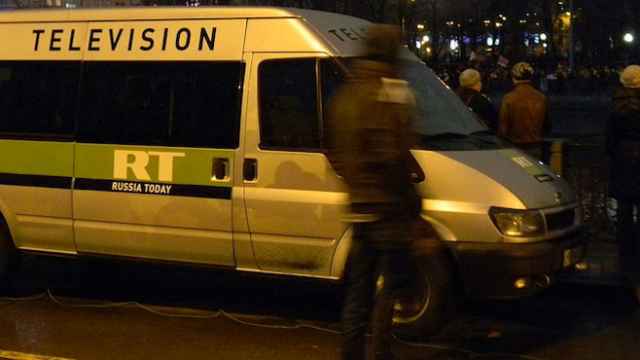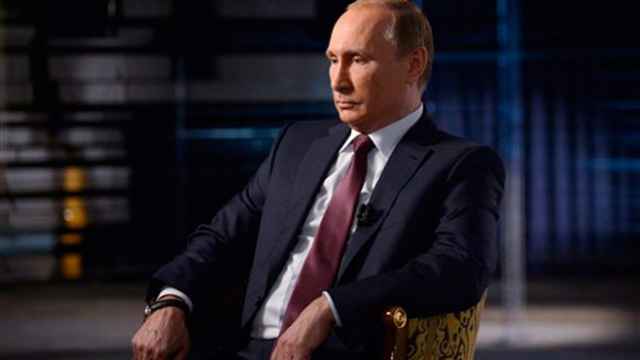In a recent article in Slon Magazine, energy specialist and opposition politician Vladimir Milov mentioned several "forgotten reforms" — projects the authorities discussed and then dismissed 10-15 years ago, but that they are now reconsidering in response to the long-running economic crisis.
The first two: introducing reforms to Gazprom and Russian Railways and ending their monopolies. Both reforms are needed, but it is difficult to believe the authorities will seriously carry them out.
Of course, Russian Railways needs a "good cleaning" after a decade of terrible inefficiency and what convincing allegations indicate was rampant theft and corruption.
However, these are not the reforms that have been on the table for many years. They are a sort of "minimum hygiene" that, as rare leaks to the press indicate, the authorities are actually working on at present.
But why won't leaders implement serious reforms now when they face a very powerful incentive to increase efficiency — a serious lack of money?
If the Kremlin were to simply give Rosneft equal access to the pipelines used by Gazprom, it would increase competition and reduce prices for consumers.
However, the problem with any such economically advantageous reform is that there is almost always a small group of people who profit more from that particular inefficiency.
This is best illustrated by last year's reform toward "import substitution." What was the result?
The country as a whole suffered: prices for consumer goods soared, forcing citizens and companies to buy lower quality alternatives that often still cost more than superior products had cost before the crisis. That left them with less money for other needs.
And yet some individuals and businesses came out winners. For example, profits jumped for the owners of agro holding companies and other firms whose products were now protected from foreign competition.
The number of business owners that experienced such windfalls is tiny compared to Russia's total population — even if to count all of the employees of those companies — but the profits they earned are enormous. Of course, the combined loss to the country is greater, but that sum is "spread thinly" among tens of millions of families.
The same rule applies to serious reforms to Gazprom and Russian Railways. The country as a whole might gain substantially from the reforms, but an influential minority stands to incur significant losses.
It is no wonder that Rosneft, Gazprom's main competitor, has been the primary proponent of that reform in recent years. In fact, such reforms are difficult to push through even when a country's citizens clamor openly for change and political leaders who are responsive to public opinion genuinely want to make improvements.
But when none of those conditions is present, as in today's Russia, such reforms remain practically impossible.
Konstantin Sonin, a columnist at Vedomosti, is a professor at the University of Chicago Harris School of Public Policy Studies and the Higher School of Economics in Moscow.
A Message from The Moscow Times:
Dear readers,
We are facing unprecedented challenges. Russia's Prosecutor General's Office has designated The Moscow Times as an "undesirable" organization, criminalizing our work and putting our staff at risk of prosecution. This follows our earlier unjust labeling as a "foreign agent."
These actions are direct attempts to silence independent journalism in Russia. The authorities claim our work "discredits the decisions of the Russian leadership." We see things differently: we strive to provide accurate, unbiased reporting on Russia.
We, the journalists of The Moscow Times, refuse to be silenced. But to continue our work, we need your help.
Your support, no matter how small, makes a world of difference. If you can, please support us monthly starting from just $2. It's quick to set up, and every contribution makes a significant impact.
By supporting The Moscow Times, you're defending open, independent journalism in the face of repression. Thank you for standing with us.
Remind me later.






